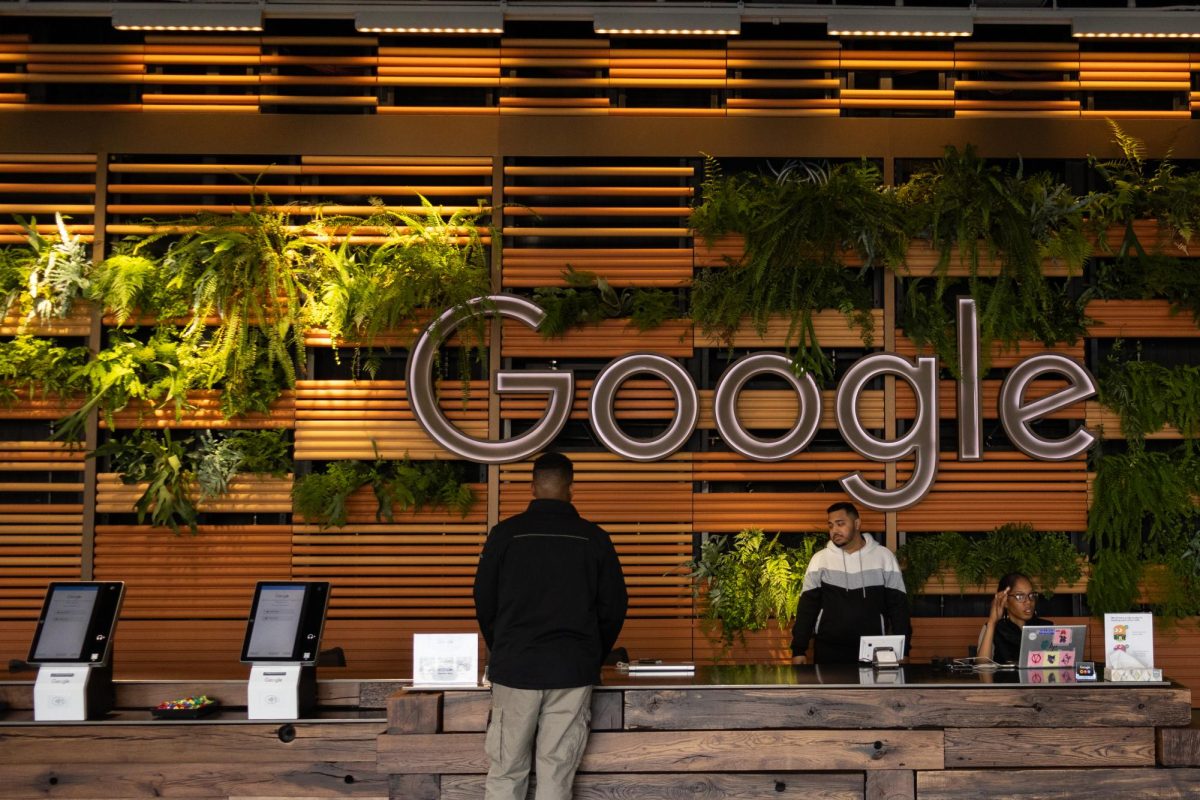Alphabet Inc. settled a lawsuit on April 1 that accused the company of violating the privacy of users who used “Incognito mode” while browsing. As a result, Google will delete billions of data records and rewrite its disclosure to inform users that their data is collected even when privately browsing.
In addition to deleting user records, Google is committing to block third-party cookies by default for the next three years when browsing in Incognito mode. It will also stop tracking web activity when people browse privately.
Originally, plaintiffs wanted $5 billion, but Google’s spokesman José Castañeda said there will be no payout.
“We are happy to delete old technical data that was never associated with an individual and was never used for any form of personalization,” he said.
The case against Google was filed in the U.S District Court for the Northern District of California in June 2020, when an investigation by law firm Boies Schiller Flexner yielded a 37-page report, concerning the collection of data by Google during private browsing. Google filed two motions to dismiss which were both denied by U.S. District Court Judge Lucy Koh.
The claim that a user can “browse privately” when they go into Incognito mode was a promise that tens of millions of people relied on. Instead, Google used private browsing data to measure traffic and gain revenue from advertisers.
During the trial, the plaintiffs found admissions by Google’s employees that described Incognito browsing as “effectively a lie” and a “problem of professional ethics and basic honesty.” Google also used fields within search logs to detect when users were browsing data in private mode. Throughout the discovery process, Google produced incomplete records and tried to prevent depositions.
In the court documents, the settlement was called a historic step in requiring a major tech company to represent how it collects user data.
Over the past couple of months, Google has spent over $1 billion settling a series of smaller lawsuits ahead of the big trial with the U.S. Department of Justice in September. These cases included claims that the Google Play Store strong-armed the app market, that Google is improperly sharing its users’ data and a case with Singular Computing LLC in which the company claimed that Google stole its proprietary chip design.
The Justice Department has accused Google of gaining control over the search market through “preferential” deals with Apple and Samsung. The closing arguments will be heard for this case in May, and the Justice Department may ask the court to prohibit Google’s preferential deals with browser makers or suggest that the distribution platform for the search engine be separated from the company.
In September, the Justice Department will go back to court with Google over its control of the ad tech industry. It claims that Google owns tools, which advertisers and publishers depend on for ad revenue, giving Google an unfair advantage. The lawsuit seeks to hold Google accountable for “its longstanding monopolies in digital advertising technologies.”








